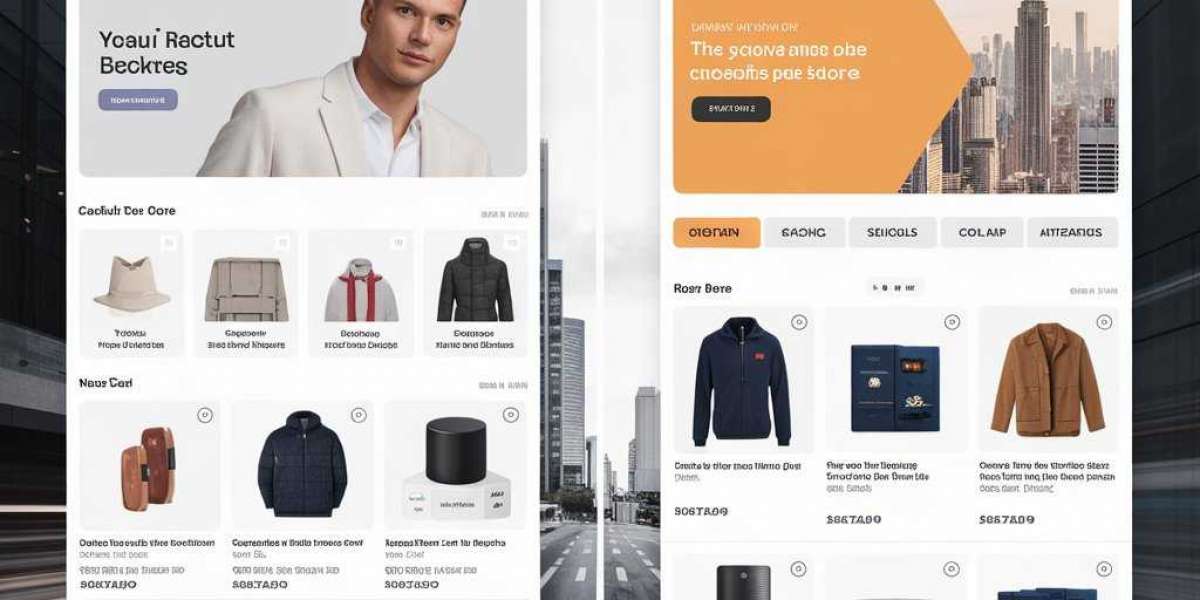As e-commerce continues to grow, store owners face a critical decision—choosing the right front-end technology that aligns with their business goals. Two leading technologies in the Magento space, Hyva and Progressive Web Apps (PWA) offer unique solutions tailored for enhancing user experience and boosting performance. But, which one should you choose for your Magento store? Let's dive deeper into the specifics of each to help make that decision easier.
When it comes to Magento development decisions, there are countless factors to weigh, from user experience to page loading speeds, mobile compatibility, and beyond. Collaborating with a professional team can streamline this process, so consider working with a Magento development company for expert guidance.
What is Hyva? A New Wave in Magento Themes
Hyva, a relatively new theme for Magento, is designed with simplicity and speed in mind, countering the typically complex architecture of traditional Magento themes. Let’s look at why Hyva has gained popularity among Magento developers:
- Minimalistic Approach: Hyva simplifies Magento’s front-end stack, eliminating the need for KnockoutJS and reducing the use of jQuery, creating a more lightweight structure.
- Performance-Oriented: Built for faster load times, Hyva improves Core Web Vitals, resulting in a smooth user experience.
- Easier to Develop and Maintain: With fewer dependencies, Hyva makes development and maintenance simpler for developers, leading to shorter build times and lower costs.
If you’re looking to reduce development complexities, hire Magento developers familiar with the Hyva framework to maximize the benefits of this lean, efficient theme.
Overview of Progressive Web Apps (PWA) for E-Commerce
Progressive Web Apps (PWA) represent a different approach, blending the best of both web and mobile applications. PWAs are highly adaptable and provide native-app-like experiences through regular web browsers. Here are some core advantages of PWA technology:
- Improved Engagement: PWAs allow features like push notifications and offline functionality, giving users continuous access to your store.
- Responsive and Adaptive: PWAs work seamlessly across devices, adjusting to various screen sizes, operating systems, and browsers.
- Future-Ready: As the lines between web and mobile blur, PWAs offer a future-proof solution, meeting evolving user expectations for responsive, app-like experiences on mobile and desktop.
Choosing PWA for your store can position your business at the forefront of e-commerce technology, but it requires a solid understanding of the Magento ecosystem.
Hyva vs PWA: Key Differences
Each technology has distinct attributes, making one more suitable than the other depending on specific business goals and user expectations. Here’s a breakdown of essential differences between Hyva and PWA:
Performance and Speed
- Hyva: Optimized for performance out of the box, Hyva’s lightweight approach reduces load times and improves Core Web Vitals scores.
- PWA: PWAs offer quick load times and offline accessibility. However, the performance can vary depending on the PWA implementation and the complexity of the application.
User Experience and Customization
- Hyva: Prioritizes simplicity and ease of customization, ideal for standard e-commerce experiences with minor modifications.
- PWA: Provides an immersive experience with rich functionalities like offline mode, notifications, and home-screen installation.
Cost and Development Time
- Hyva: Hyva’s streamlined setup translates to shorter development cycles and cost savings.
- PWA: Generally has a longer development timeline, which may increase initial costs. However, for businesses focused on a mobile-first approach, the investment can be worthwhile.
Pros and Cons: Weighing Hyva Against PWA
Both Hyva and PWA come with distinct advantages and disadvantages. Here’s a quick rundown to help evaluate which might work best for your Magento store:
Hyva Pros
- Lightweight structure
- Fast page load times
- Easier and cheaper to maintain
Cons
- Limited in-app-like features
PWA Pros
- Native app features (push notifications, offline mode)
- Enhanced mobile experience
Cons
- More complex and costly to implement
When to Choose Hyva vs. PWA for Your Magento Store
Choose Hyva if:
- You’re looking for a quick, efficient setup.
- You want to minimize development costs.
- Page speed is a top priority.
Choose PWA if:
- You prioritize mobile user engagement.
- You want app-like features (offline mode, notifications).
- You’re prepared for a longer development period with higher costs.
FAQs
- What makes Hyva faster than traditional Magento themes?
Hyva eliminates unnecessary dependencies, using a minimal front-end stack. This approach reduces load times and streamlines the theme, allowing for faster performance and improved Core Web Vitals. - Is PWA suitable for all Magento stores?
While PWAs offer significant benefits, they may be better suited for stores with a heavy mobile audience or brands looking to provide an app-like experience. Small businesses may find the initial development cost too high. - How does Hyva compare to PWA in terms of cost?
Hyva is generally more cost-effective to implement than a custom PWA. PWA requires more development time and resources, especially for stores aiming to incorporate advanced features. - Can I switch from Hyva to PWA in the future?
Yes, but keep in mind that transitioning from Hyva to PWA will require a reimplementation of the front end, as these two operate on different architectures. It’s best to evaluate long-term goals before making a decision. - Do Hyva or PWA themes impact SEO for Magento stores?
Both Hyva and PWAs can positively impact SEO, though for different reasons. Hyva enhances load speed, which contributes to a better user experience. PWAs can improve mobile accessibility and user engagement, factors increasingly important in SEO.
Conclusion:
Deciding between Hyva and PWA depends on your business goals, budget, and target audience. Hyva’s simplified structure and faster setup suit those seeking an efficient, cost-effective solution, while PWA offers the immersive, mobile-first experience essential for high-engagement e-commerce stores.




